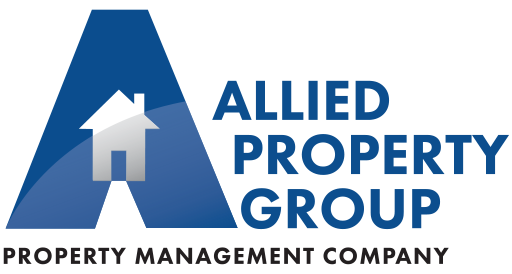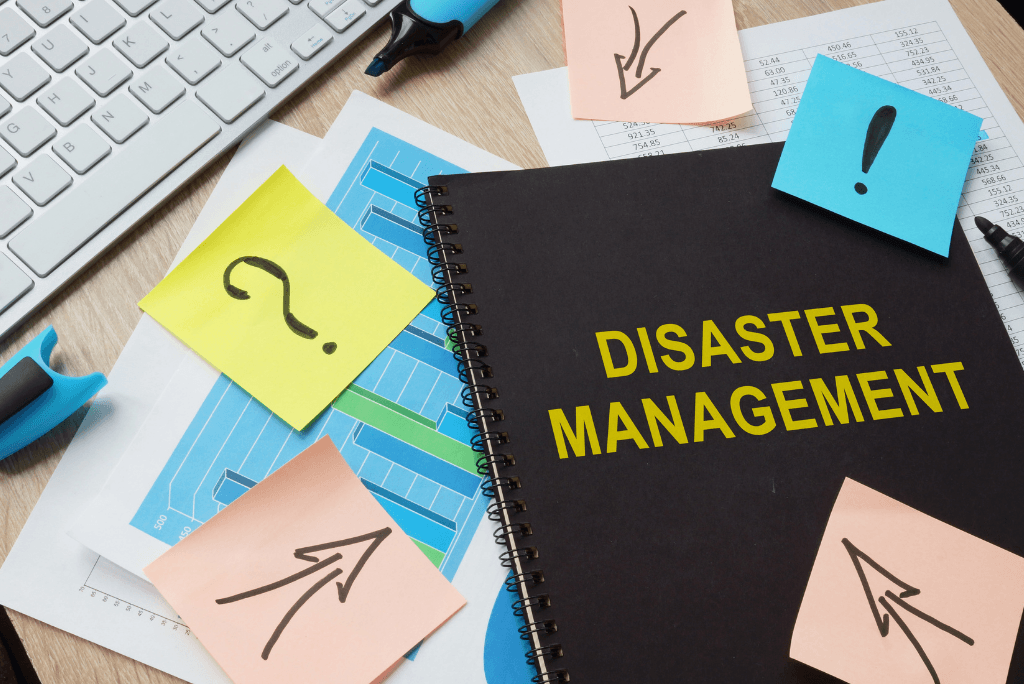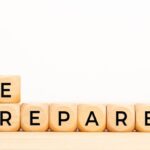It's a scary thought, but if a single or multi-unit fire broke out in your association complex, do you know what plans are in place to deal with an emergency like this? As a board member, are you even responsible for taking action?
There are over 48,000 condo associations in Florida and 9.5 million state residents live in a condominium. As a condo association board member, you’re well aware there’s never a shortage of agenda items, but emergency preparedness should be a top priority.
Disasters and emergencies can take many forms including:
- Fires
- Floods
- Natural disasters, such as flooding or hurricanes
- Terrorist acts
- Health epidemics or pandemics such as COVID-19
- Active shooters
No matter what situation your condo association might face, it’s crucial to have a written plan and trained staff who can implement it.
How to Develop a Condo Association Emergency Plan
Unfortunately, emergency and disaster situations by definition come when they’re least expected and they occur with alarming regularity. No condo association wants to find itself in the midst of a disaster, but they happen anywhere and anytime and can result in residents being displaced, buildings and facilities needing repairs or rebuilding, and large amounts of reserve funds being spent. Fortunately, a disaster’s impact can be minimized if the community is prepared for it.
Just as no two condo associations are the same, no two emergency plans are identical. A community on the South Florida coast, for example, probably faces more risk of serious storms and hurricanes. Other variables include the type of structure, available resources, and demographics.
These simple steps will help your condo association create an effective and life-saving plan.
Identify Known Risks that May Cause an Emergency
Is your complex in a flood zone, high crime area, or densely populated neighborhood? Each scenario has its own risks and these factors should be considered for your plan. A risk analysis can help prioritize where your plan should focus.
Plan for Common Disasters
Two of the most common disaster risks for condo complexes are fire and flood. Fire planning should include assessing and evaluating the sprinkler and fire alarm systems as well as inspecting the elevators. Are fire escapes needed? If already in place, can they be counted on to function properly during an emergency? Homeowners often think of flooding in a basement, but what if a unit on the fifth floor has a major flood? A good plan considers how to handle other units that might be affected.
Preparing for the Unimaginable Emergencies in Your Association
Other, less common crises such as terrorism, snipers, or pandemics are tougher to prepare for but “what ifs” are key to a solid emergency plan. Evacuation or shelter-in-place plans as well as designated areas for residents to meet for more information must be spelled out. Chain of command and phone, text, and email notifications must also be implemented.
Who’s Responsible Within the Association?
As a board member are you responsible for acting in our opening scenario? Florida’s Condominium Act requires a condo association to “operate the condominium for the health, safety, comfort, and general welfare of its owners” and states there is an “implied responsibility to protect unit owners from disaster events.” Florida does not dictate what needs to be included in an emergency plan, but board members must abide by their fiduciary duty to protect residents and properties.
A good condo association emergency plan sets out what’s expected of each member. Boards should have clearly defined roles set out and know the what, where, and how of any resources to help them respond and recover. Many associations form emergency action teams.
To help you fully prepare, check out the HOA-USA’s model disaster plan that can be used as a guide and the Institute of Real Estate Management’s just published Emergency Response Playbook for tips on what you need to do act quickly and responsibly.




